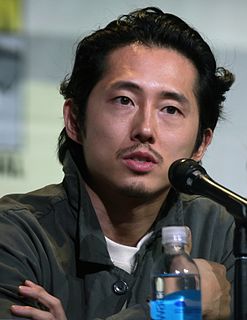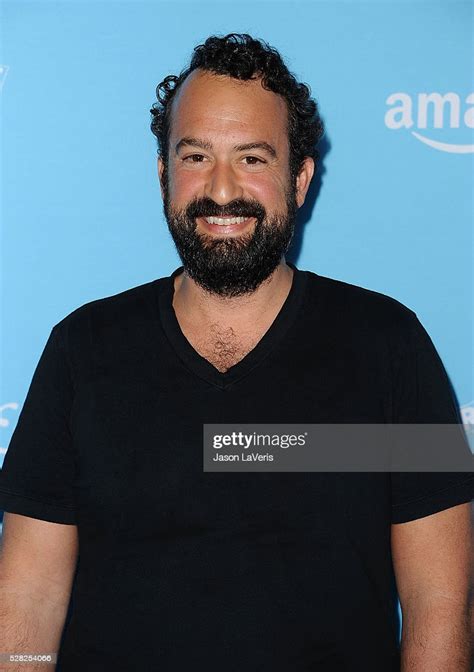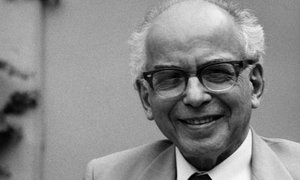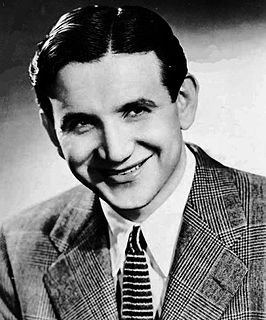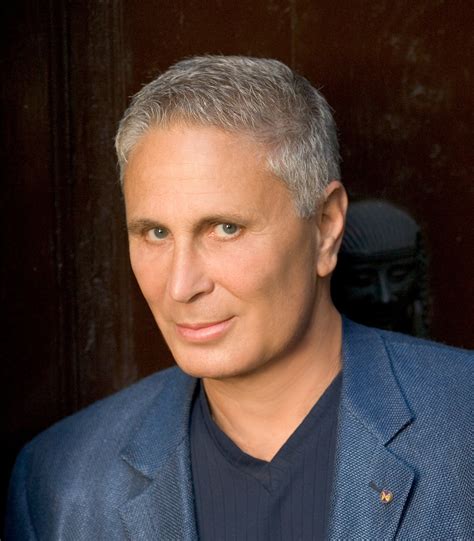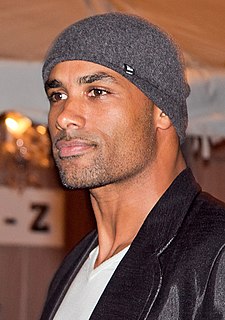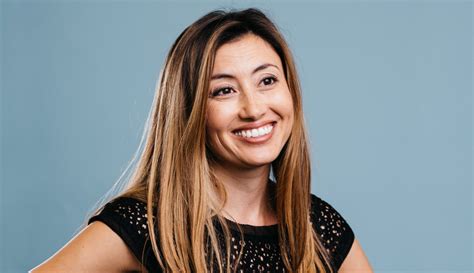A Quote by Alan Menken
I always wanted to be a composer, and I sort of went in to NYU as pre-med because I just thought, 'Well... who actually becomes a composer?'
Related Quotes
I always did plays, and when I went to NYU - and I didn't go to Tisch, the theater school, because I was like, 'Well, acting's not realistic. You can't make a career out of it.' So I just studied general studies and humanities at NYU, but I was doing plays while I was there. So I was sort of cheating.
Perhaps within the next hundred years, science will perfect a process of thought transference from composer to listener. The composer will sit alone on the concert stage and merely 'think' his idealized conception of his music. Instead of recordings of actual music sound, recordings will carry the brainwaves of the composer directly to the mind of the listener.







